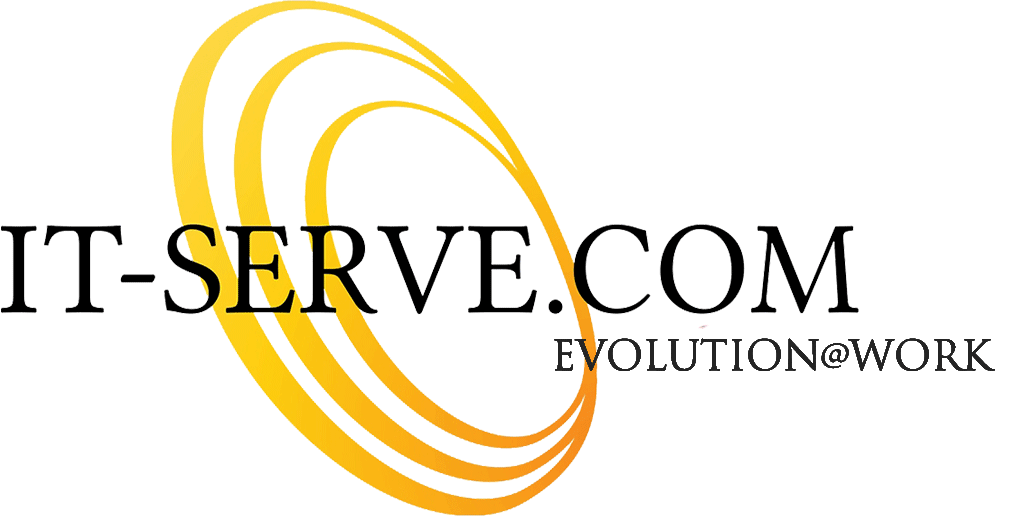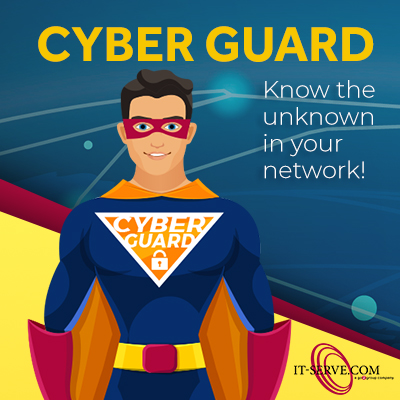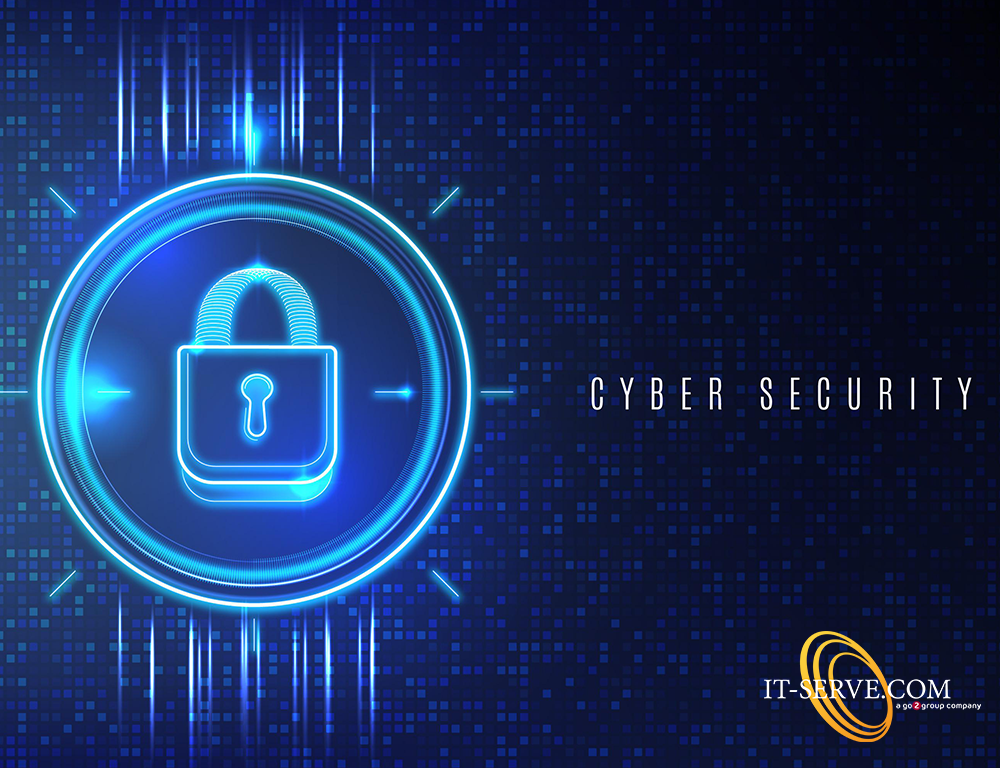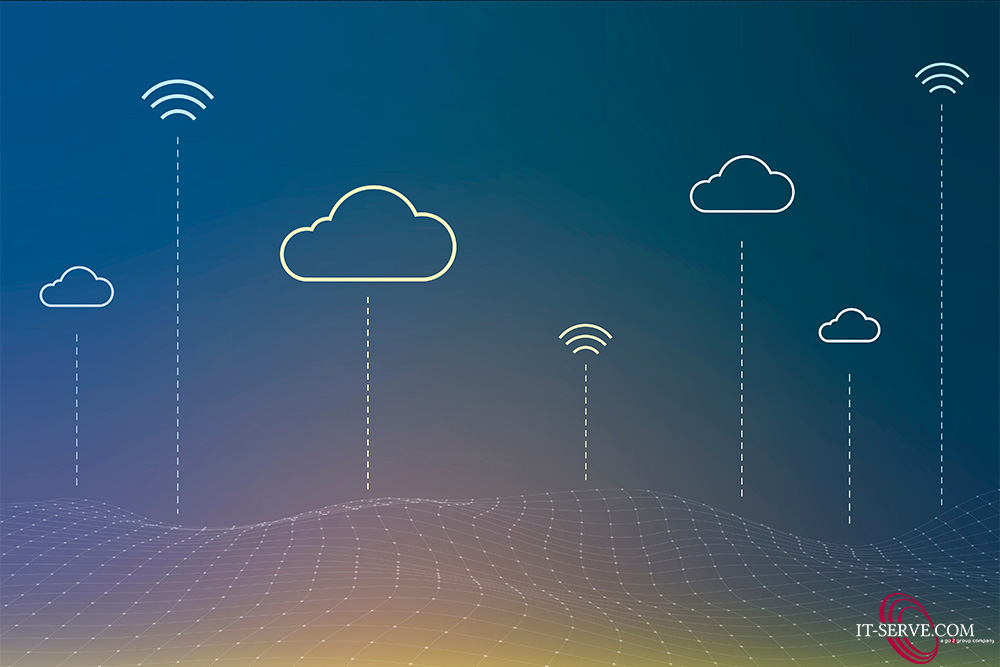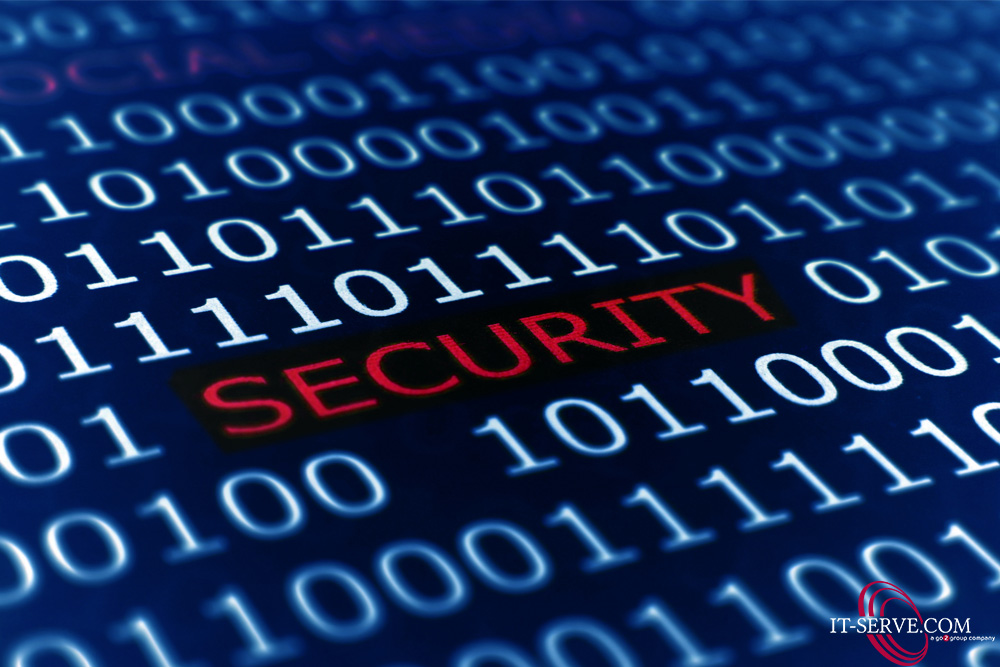
Due to the ongoing global health crisis, a lot of people all around the world have adopted a remote working style. Working at home for days on end is something that not everyone is used to, and working remotely can compromise the cyber security of a company if an employee mistakenly exposes files to a devious hacker. Without immediate access to an IT team, and not having all the antivirus and security protocols installed on personal computers at home, hackers have seized this opportunity to run rampant and maliciously attack employees working at home. However, here are a few tips that anyone can use to stay safe and alert when working remotely.
PASSWORD PROTECTION
Passwords should always be kept to yourself and updated at least once a month. With a growing trend of ‘shoulder surfing’ (spying on someone's device to obtain login credentials, often in a public place), employees need to extra vigilant when using devices to work on office related matters in a very busy place. It’s recommended to never share your password with anyone, to never reuse the same password again and to never use personal information in a password.
TWO FACTOR AUTHENTICATION
Having two steps of authentication to access any important or sensitive data at home or at the office can honestly be a major setback for any hacker. At least the employee and the IT team can have peace of mind that no one can view restricted files with just the login credentials of a stolen ID card. Two-factor authentication is an important layer of defense against hackers beyond the typical password. It decreases your risk of falling victim to a compromise because criminals need access to not only your account password, but any additional security method as well to access the account such as a fingerprint scanner or a randomly generated code sent out only by the IT team.
USING A VPN
When working away from office, employees can always be assured safe and secure browsing when using a business VPN (Virtualized Personal Network). The VPN acts as a secure tunnel over the internet, encrypting traffic and making sure no one from the outside can view or access whatever the employee is doing online. By installing a VPN on any device the employee will use for work related matters at home, employees and the IT team will know that the device has the same defense controls as a PC in the actual office. Having employees use a VPN is essential, because if they ever use a public Wi-Fi network, the risk of a hacker breaching company accounts or accessing important IT infrastructure through the compromised device is greatly increased.
ENHANCE YOUR PRIVACY SETTINGS
Usually, marketers learn a lot from your browsing and social media usage to send you targeted advertisements. However, hackers can do the exact same thing to make you an easily susceptible target for their malicious intentions. Usually, both web browsers and mobile operating systems have settings available to protect your privacy online. Always ensure that all privacy safeguards are enabled, especially when browsing whilst logged into company social media accounts to minimize the target on your back for hackers.
All in all, working from home is less secure than working from your office space. However, if company IT teams can brief their employees with the dos and don’ts of internet security and implement the steps mentioned above for everyone, hackers will have a much harder time trying to infiltrate a company’s infrastructure.
